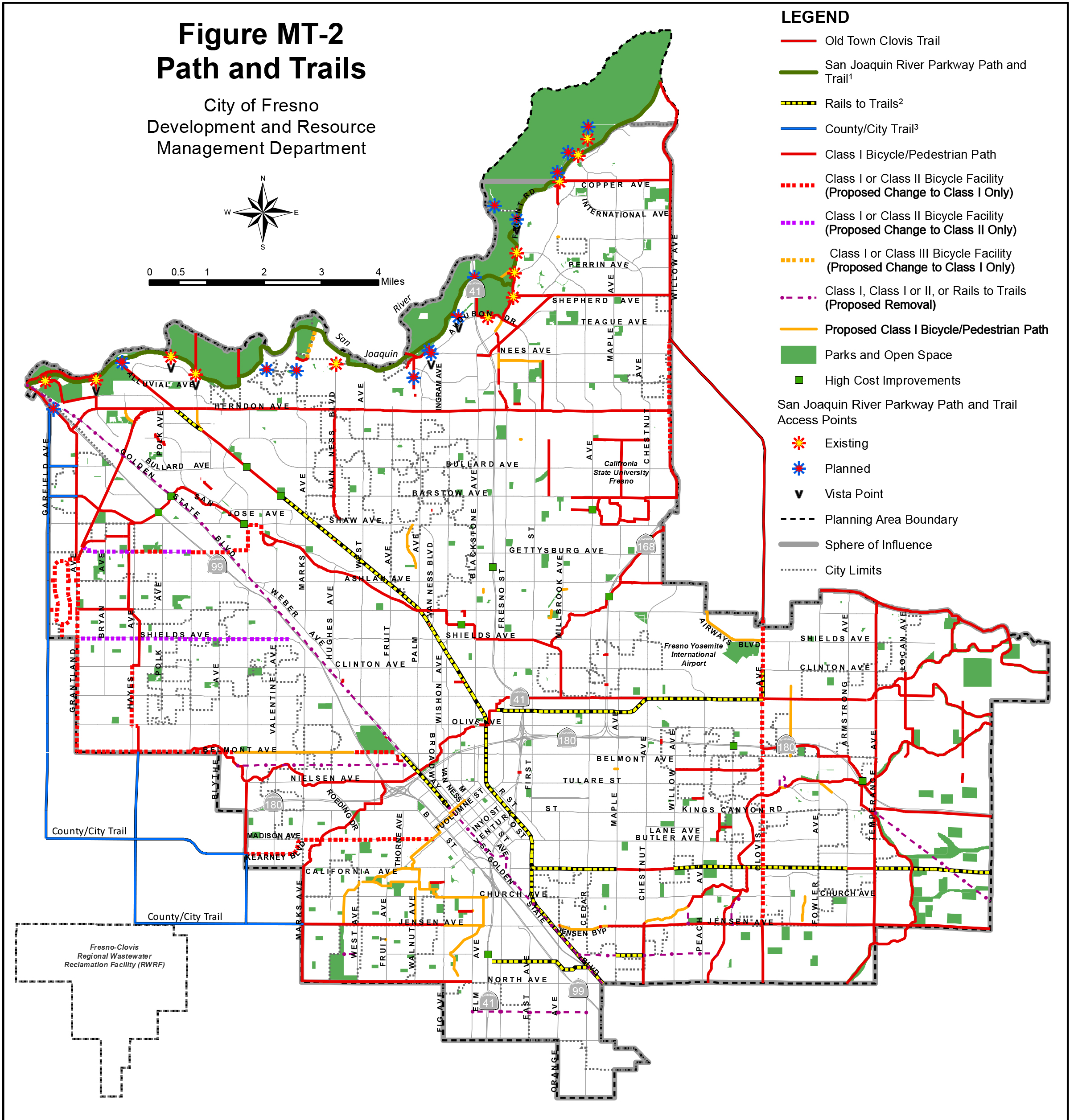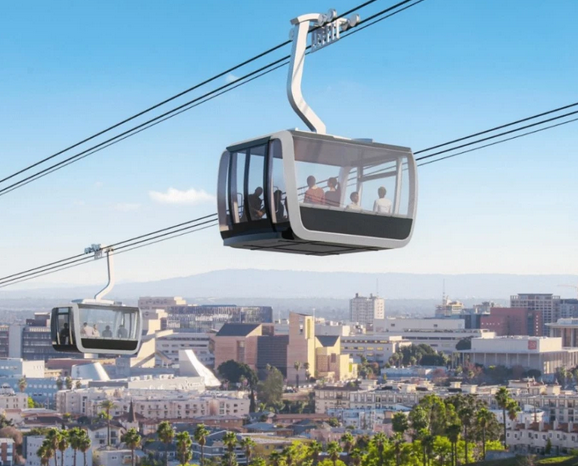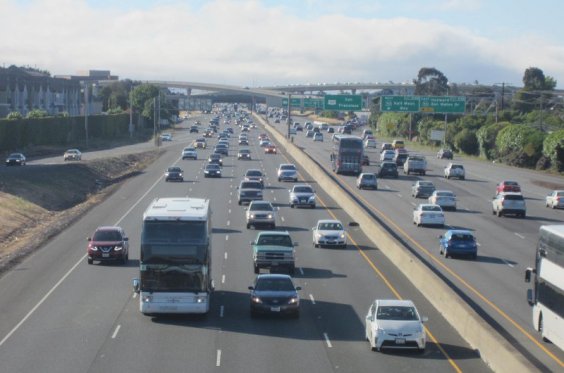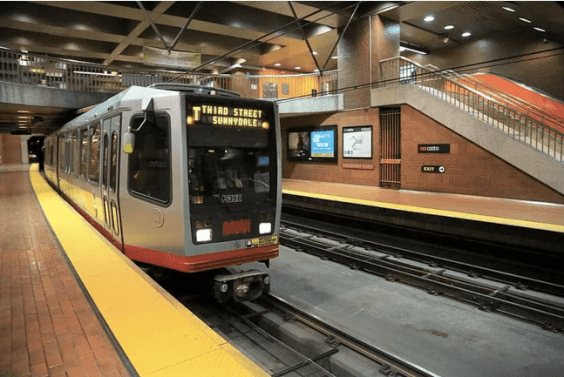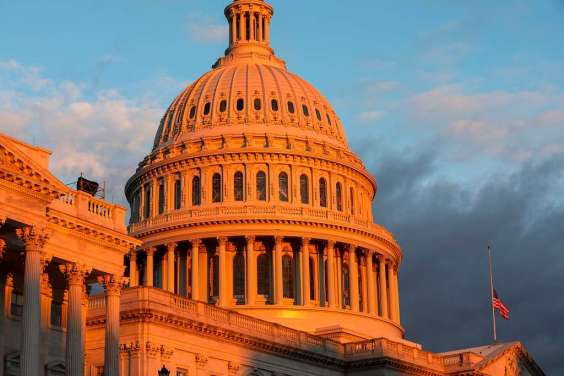After a few delays, the Fresno City Council unanimously approved the citywide Active Transportation Plan at its March 2 meeting, along with a newly created prioritization tool. It was a win for social justice advocates in the city.
“I was born and raised in South Fresno, and my neighborhood continues to deteriorate,” said Gabriela Mares, outreach specialist for Cultiva La Salud, during public comment portion of the hearing. “It’s imperative that we prioritize this rubric so South Fresno is not left behind.”
The new project prioritization tool was created in collaboration with stakeholders after advocates pointed out that the implementation chapter of the plan lacked detail.
The newly created rubric [PDF] championed by advocates will assign points to projects based on the following criteria: access and equity (20 points), connectivity (30 points), traffic control, mode shift, and user comfort (35 points), and feasibly and engineering considerations (15 points). Each category has different variables within it to be considered and scored.
For example, under the criteria of access and equity, the Midtown Trail at McKinley scores fourteen out of a possible twenty points: four points for accessibility, five points for equity, five points for being a community-identified priority and zero points for vehicle ownership. The last score resulted from the fact that more than half of the households in the project area own a vehicle and my not rely as much on walking, bicycling, and transit. Areas where less than half of the households own a vehicle receive one point for this category.
The plan was originally scheduled for approval on December 15, but the vote was delayed so that council members could better study the three-hundred-plus-page document. The delay gave staff from Cultiva La Salud and Leadership Counsel for Justice and Accountability time to advocate for the creation of the prioritization tool. They also argued that higher scores should be awarded for equity considerations and other criteria associated with safe routes to schools, and for connectivity to transit.
The city staff worked from a similar tool developed by the city of Rancho Cucamonga, and incorporated input from its stakeholder advisory committee and organizations that had been involved in outreach for the plan.
The Active Transportation Plan calls for adding 947 miles of bike facilities and 661 miles of sidewalks throughout Fresno in the years to come, at an estimated cost of $1.3 billion. It also identifies a priority network that could feasibly be built in the next ten years, which includes 28 miles of Class I bike paths and 45 miles of sidewalks, at a cost $114.7 million.
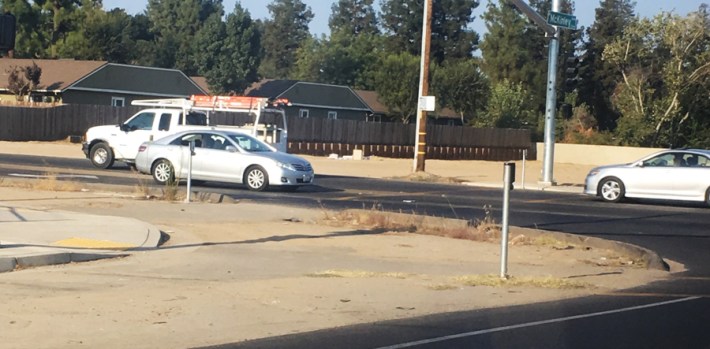
City Manager Bruce Rudd said the criteria in the new prioritization tool is not that different from the scoring rubric used by the statewide Active Transportation Program. He also warned that “in the overall scheme of things we can construct the criteria that we want, but at the end of the day it will be the State of California that dictates what is funded.”
Genoveva Islas, program director of Cultiva La Salud, countered that the new tool does not discount the recommendations made by staff in the plan, and she doesn’t think it will affect funding opportunities. Instead it will allow the city to move projects forward in an equitable and just way, she said.
There were still a few lingering concerns about the scoring matrix and the overall plan from advocates, particularly about the feasibility and engineering portion.
Grecia Elenes from Leadership Counsel pointed out that in many parts of South Fresno, the city doesn't own the necessary right-of-way or lacks basic infrastructure, which will affect a project's scores under the rubric—and thus its funding competitiveness. Nick Paladinio from the Fresno County Bicycle Coalition voiced his concern that there isn’t a lot of detail about bicycle safety education in the plan, something he believes is crucial.
The overall consensus was that the plan and its prioritization tool will help Fresno improve the safety and quality of life of pedestrians and cyclists. Fresno City Councilmembers lauded city staff and advocates for working together to create a robust matrix.
